Reporting by Abdul Hakim Surabaya, E Java (Antara) - Surabaya Mayor Tri Rismaharini has joined with the All-Indonesia District Governments Association (APKASI) in opposing calls for legislative councils (DPRD) to elect regional heads. "Personally, I prefer direct regional head elections because the regional heads represent the people," Rismaharini said here on Tuesday. She added that direct regional head elections have many advantages, such as elected regional heads being familiar with concerns voiced by the pubic. "If regional heads are elected directly, they will know details of their residents' aspirations and wishes," Tri said. Asked if direct elections are more expensive than indirect elections, the former chief of the Surabaya City Planning and Development Board (Bappeko) said the costs for elections can be viewed in different ways. "In terms of money, the direct elections may be expensive. But viewed as public service, I think they aren't," she said. Chief of the Surabaya city legislative council Armuji also rejected calls for changing elections of regional heads. He said such changes would result in a setback in the democratic life of the country. "I think the discussion of the plan to return regional head elections to legislative councils is politically motivated," he said. The discussions have sparked pros and cons throughout society. The All-Indonesia District Government Association (APKASI) is opposed to the proposal to return regional head elections to local legislative councils (DPRD), arguing it runs counter to the mandate of reform movements. "Regional head elections that involve the people's direct participation are one of the fruits of the 1998 reform struggle. Therefore, direct regional head elections that are more transparent must not be returned to DPRD," APKASI General Chairman Isran Noor said on Sunday. Further, the United Development Party (PPP) has proposed a moratorium on direct regional head elections, citing several shortcomings. PPP Secretary General Muhammad Romahurmuziy stated last Friday that direct regional head elections require a great deal of investment, causing only wealthy candidates to file nominations. Muhammad said direct regional head elections, which have been conducted throughout the country during the last nine years, have caused legal problems for 292 regional heads, or 96 percent of the total. Direct regional head elections are also prone to nepotism-tainted practices, money politics, and other conflicts, he said. However, chief of the Indonesian Democratic Party of Struggle (PDIP) central executive board Puan Maharani told reporters in Semarang, Central Java, last Friday that the PDIP faction at the DPR has consistently supported direct regional head elections as a form of active democracy. (*)
Berita Terkait
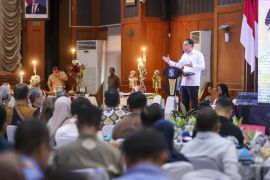
Surabaya raih pengakuan Global Bloomberg Mayor Challenge
13 Oktober 2025 20:39
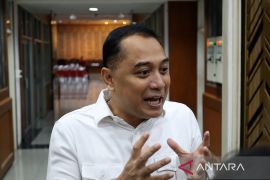
Surabaya achieves WHO accreditation as Healthy City: Mayor
4 Januari 2025 13:26
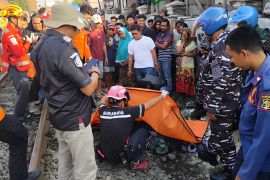
Dua orang meninggal dalam kecelakaan di perlintasan KA Tambak Mayor
27 Desember 2024 19:37
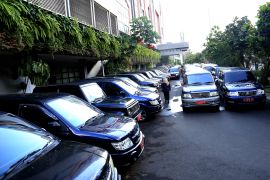
Surabaya city govt to start using EVs in 2023
23 Desember 2022 18:22
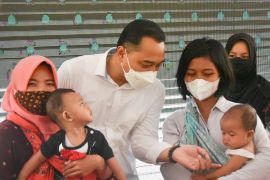
Stunting cases in Surabaya declined in past two years: Mayor Eri Cahyadi
31 Agustus 2022 18:11
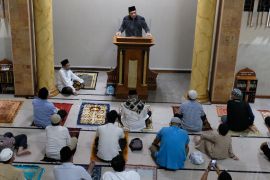
Ramadhan: Surabaya mayor asks people to comply with health protocols
6 April 2022 00:09
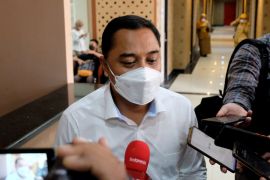
Surabaya COVID-19 recovery rate reaches 93.5 percent
11 Februari 2022 21:59
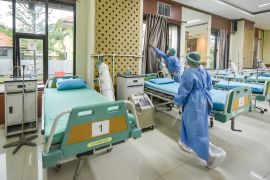
Most COVID-19 patients in Surabaya experiencing mild symptoms: mayor
9 Februari 2022 19:59

